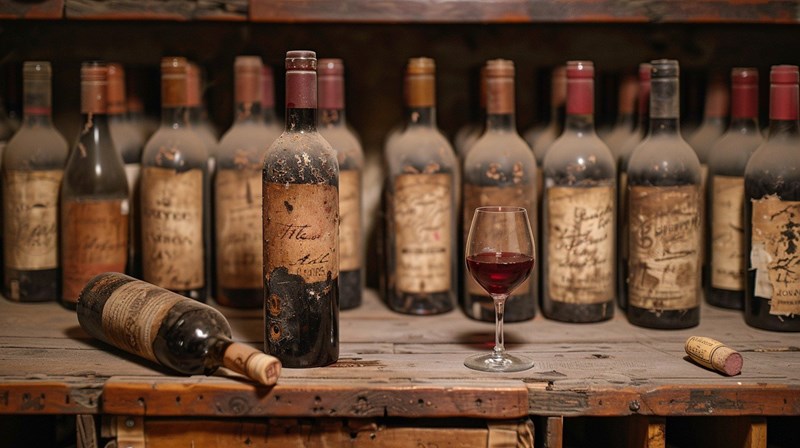Wine has long been appreciated for its taste, culture, and artistry, but in recent decades it has also emerged as a serious investment vehicle. Unlike many luxury goods, wine is consumable: every bottle opened reduces supply, which naturally increases scarcity and value for those remaining. For investors, this unique dynamic makes wine an attractive alternative asset. However, not every bottle is destined to appreciate. To profit from wine, buyers must carefully consider several key factors: provenance, producer reputation, vintage quality, rarity, storage, and market demand.
The most reliable wines for investment come from prestigious regions with global recognition. Bordeaux, Burgundy, Champagne, and Tuscany are classic examples. Within these regions, certain producers—known as “blue‑chip” estates—carry reputations that consistently drive demand. Names like Château Lafite Rothschild, Château Margaux, Domaine de la Romanée‑Conti, and Sassicaia are benchmarks of quality and prestige. Their track records of appreciation make them safer bets for investors compared to lesser‑known producers.
Vintage refers to the year the grapes were harvested, and it plays a crucial role in determining a wine’s investment potential. Exceptional vintages, shaped by ideal weather conditions, produce wines with greater ageing potential and higher demand. For example, Bordeaux vintages such as 2000, 2005, 2010, and 2016 are celebrated for their balance and longevity. Investors should research vintage charts and expert reviews to identify which years are most likely to appreciate.
Scarcity drives value. Wines produced in small quantities, such as those from Burgundy’s tiny vineyards or cult California labels like Screaming Eagle, often command extraordinary prices. Limited allocations and exclusive releases create a sense of rarity that fuels demand. When buying for profit, focus on wines with restricted production or those released in limited editions, as these are more likely to appreciate over time.
Provenance—the documented history of a wine’s origin and storage—is critical. Counterfeit bottles are a real risk in the fine wine market, particularly for high‑value labels. Investors should buy only from reputable merchants, auction houses, or bonded warehouses that provide certification and receipts. Authenticity not only protects against fraud but also reassures future buyers, enhancing resale value.
Wine is a living product that evolves over time. Proper storage is essential to preserve quality and value. Professional storage facilities, often bonded warehouses, maintain optimal temperature, humidity, and security. Poorly stored wine can lose both flavour and investment potential. Condition reports, detailing cork integrity and fill levels, are vital when purchasing older bottles. Without proper storage, even prestigious wines may fail to appreciate.
Wine markets are influenced by global demand, emerging economies, and shifting tastes. Burgundy, for instance, has seen explosive growth in recent years due to limited supply and rising interest from Asia and the US. Monitoring indices such as the Liv‑ex Fine Wine 100 provides insight into price movements and market sentiment. Investors should stay informed about trends, as demand can shift between regions and styles.
Wine investment requires patience. Most fine wines appreciate over five to ten years as they mature and become rarer. A “buy and hold” strategy is common, though diversification across regions and producers helps reduce risk. Unlike stocks, wine is less liquid; selling often requires auctions, brokers, or specialized platforms. Investors must balance potential returns with the realities of storage costs, insurance, and market cycles.
While profitable, wine investment carries risks. Market volatility can affect prices, particularly for trendy regions. Storage and insurance add ongoing expenses. Counterfeits remain a threat, and the illiquid nature of wine means selling can take time. Investors should approach wine as a medium ‑ to long‑term asset, not a quick‑flip commodity.
Buying wine for profit is about more than taste—it’s about understanding prestige, rarity, provenance, and market dynamics. By focusing on renowned producers, exceptional vintages, limited production, and professional storage, investors can maximize their chances of success. Wine rewards patience, knowledge, and careful selection. For those willing to commit, it offers not only financial returns but also the satisfaction of engaging with one of the world’s most storied and cultural assets.
If you have a wine, whisky or port collection which you wish to have valued for auction then please call 0114 279 6959 or email info@ewbauctions.com

